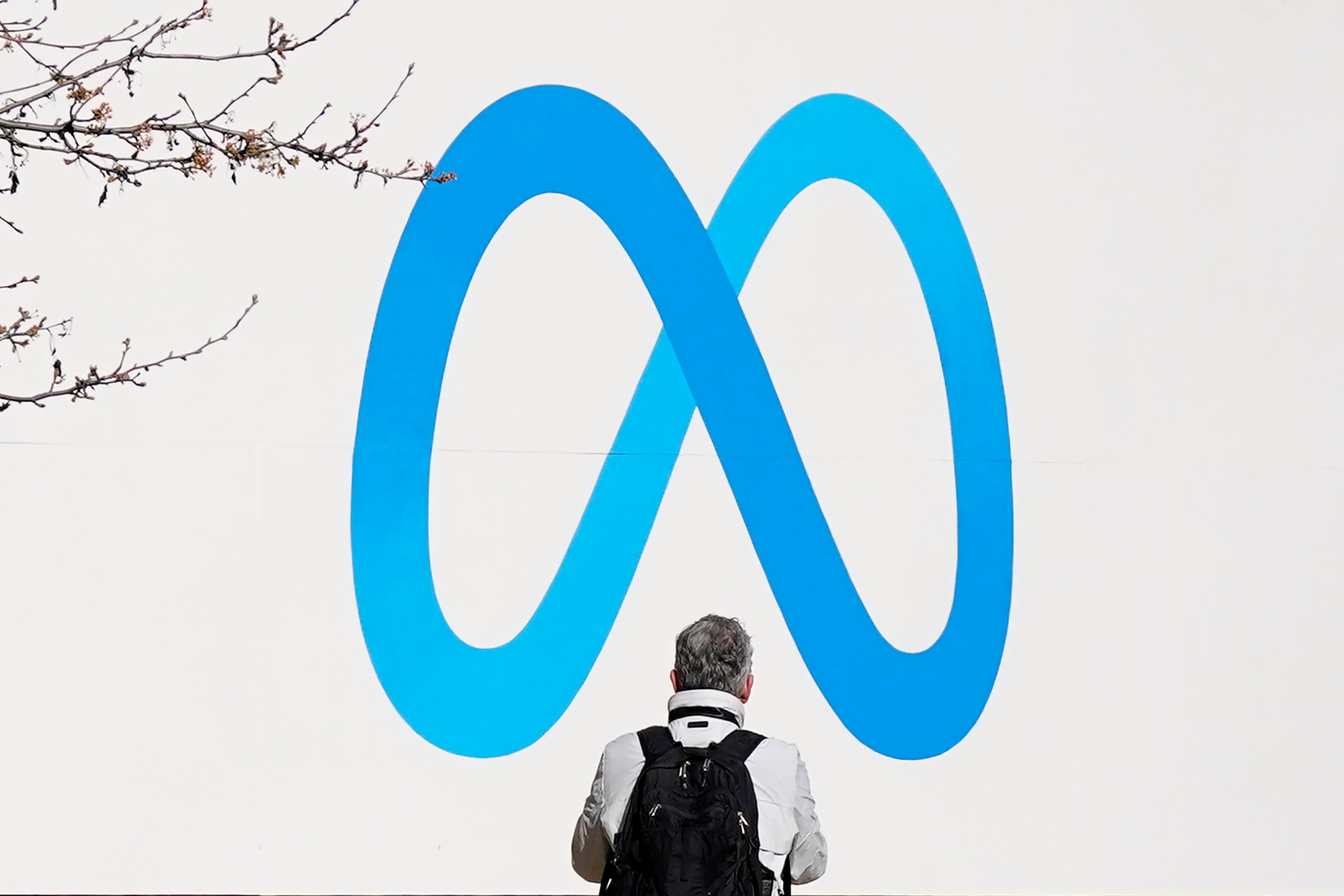Canada's government to stop advertising on Facebook and Instagram after Meta says it will block news
Canada's government says it will stop advertising on Facebook and Instagram in response to Meta’s decision to block access to news content on their social platforms as part of a temporary test

Your support helps us to tell the story
From reproductive rights to climate change to Big Tech, The Independent is on the ground when the story is developing. Whether it's investigating the financials of Elon Musk's pro-Trump PAC or producing our latest documentary, 'The A Word', which shines a light on the American women fighting for reproductive rights, we know how important it is to parse out the facts from the messaging.
At such a critical moment in US history, we need reporters on the ground. Your donation allows us to keep sending journalists to speak to both sides of the story.
The Independent is trusted by Americans across the entire political spectrum. And unlike many other quality news outlets, we choose not to lock Americans out of our reporting and analysis with paywalls. We believe quality journalism should be available to everyone, paid for by those who can afford it.
Your support makes all the difference.Canada's government said Wednesday it would stop advertising on Facebook and Instagram, in response to Meta's decision to block access to news content on their social platforms as part of a temporary test.
Heritage Minister Pablo Rodriguez announced Prime Minister Justin Trudeau's government's decision at a news conference.
Canada's move is the latest episode in a dispute that started after Trudeau's administration proposed a bill that would require technology companies to pay publishers for linking to or otherwise repurposing their content online.
Meta promised at the time to block Canadian news content on its Facebook and Instagram platforms to address Canada’s recently passed Online News Act.
Rodriguez said the decision from Meta was “unreasonable” and “irresponsible,” and as a result Canada would stop advertising on their platforms.
He said the federal government spends about 10 million Canadian dollars (around $7.5 million) a year to advertise on the platforms. This money, he added, will be put into other ad campaigns.
Soon after the federal announcement, Quebec Premier Francois Legault tweeted that the province was also suspending advertising on Facebook and Instagram, and Montreal Mayor Valerie Plante said on Twitter that the city would stop ads on Facebook.
Reacting to the latest Canadian announcement, a Meta spokesperson said the Online News Act is “flawed legislation that ignores the realities of how our platforms work.” He said that the company does not collect links to news content to show on their social platforms and that publishers are the ones deciding to post them on Facebook or Instagram.
“Unfortunately, the regulatory process is not equipped to make changes to the fundamental features of the legislation that have always been problematic, and so we plan to comply by ending news availability in Canada in the coming weeks,” the spokesperson said in a statement sent to The Associated Press.
Google has also promised to start blocking Canadian news when the bill takes effect in six months.
Rodriguez said the government is in talks with the company and believes its concerns will be managed by the regulations that will come to implement the bill.